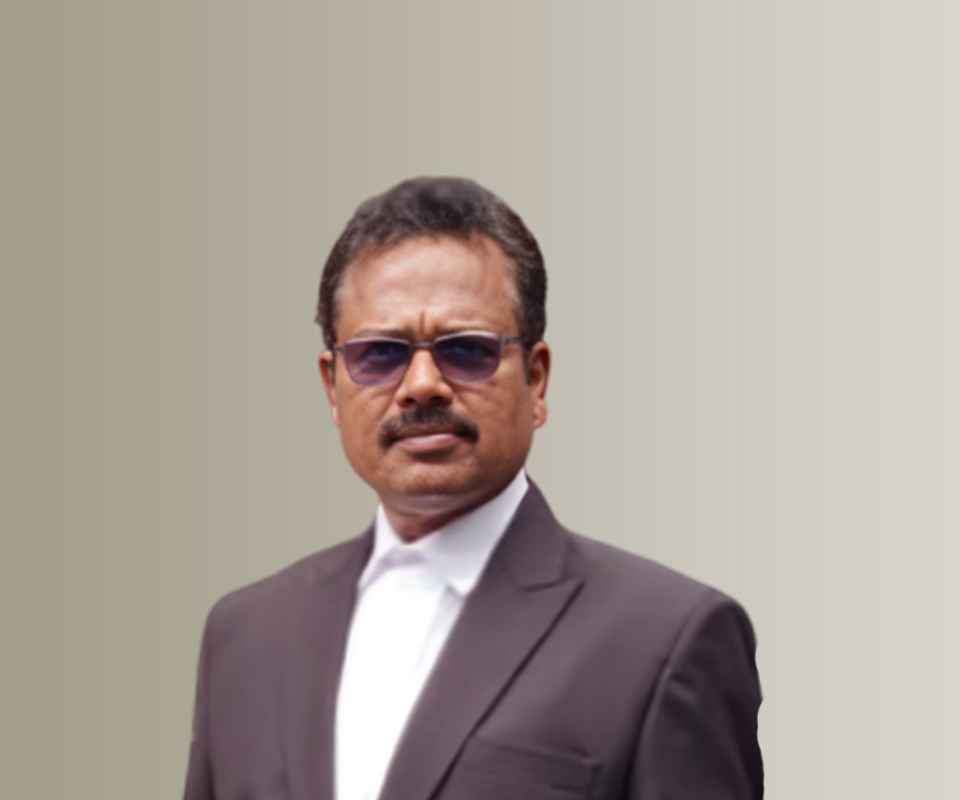Answer By law4u team
Public care facilities—like old-age homes and government-run senior care centers—are responsible for the safety and well-being of elderly residents. CCTV surveillance in such facilities is often used for security and to monitor staff behavior. However, whether a senior citizen can demand access to such footage depends on institutional policies, privacy norms, and applicable legal provisions. Balancing privacy rights and safety is key.
Rights of Senior Citizens Regarding CCTV Access
No Absolute Right but Reasonable Access Allowed
Senior citizens do not have an automatic legal right to access CCTV footage.
However, they can request access in specific situations—especially if there's suspicion of abuse, neglect, or misconduct.
Right to Safety and Dignity Under MWPSC Act, 2007
The Act mandates that every senior citizen has the right to a safe and dignified life.
If safety is compromised, a request for CCTV review can be made to care home authorities or the Maintenance Tribunal.
Use of RTI (Right to Information Act, 2005)
In government-funded or public care facilities, a senior citizen or their guardian can file an RTI application to request CCTV footage related to a specific incident.
Internal Complaint Mechanisms in Institutions
Most care facilities have an internal grievance redressal system. A formal complaint can trigger a review of CCTV footage by an oversight committee or administrator.
District Administration or Protection Officer’s Role
A Protection Officer can be approached to request footage on behalf of the senior citizen, especially if there’s evidence or complaint of mistreatment.
Privacy and Security Balance
Institutional Policies Vary
Some facilities may restrict live access to preserve the privacy of other residents and staff.
Access may be granted only through official supervision or with the presence of a staff member.
Consent and Confidentiality
Footage involving multiple individuals may require consent or anonymization before it is shared.
Only relevant clips pertaining to the complaint are usually disclosed.
Live Monitoring for Families
Some private facilities provide limited live access to family members (e.g., in rooms or common areas), especially during illness or recovery periods.
Steps to Request CCTV Access
- Submit a written request to the head of the care facility citing the reason (e.g., suspected abuse or missing item).
- If denied, approach the District Social Welfare Office or Protection Officer.
- For government institutions, file an RTI request specifying the time, date, and location.
- If safety is in question, submit a complaint to the Maintenance Tribunal under the MWPSC Act.
- If abuse is suspected, file an FIR and the police can formally request CCTV footage as evidence.
Consumer Safety Tips
- Choose care facilities with transparent surveillance policies.
- During admission, ask about the CCTV monitoring policy and who can access the footage.
- Keep emergency contact numbers and a list of rights provided by the care home.
- Regularly visit or call to check on the senior’s well-being.
- Encourage the facility to install CCTVs in common areas and maintain records for at least 30 days.
Example
Situation:
Mr. Dinesh, an 80-year-old resident of a government old-age home, complains of being pushed and verbally abused by a caregiver. His daughter wants to confirm the incident.
Steps Taken:
- She writes to the facility manager requesting CCTV footage from the dining area on a specific date.
- The request is denied citing privacy reasons.
- She files an RTI application under the Right to Information Act, seeking footage for that date and location.
- Simultaneously, she informs the Protection Officer, who visits the facility and speaks to Mr. Dinesh.
- Based on the complaint, the Maintenance Tribunal is approached, and the footage is reviewed in the presence of authorities.
- Disciplinary action is taken against the caregiver, and the daughter is assured of improved monitoring.







